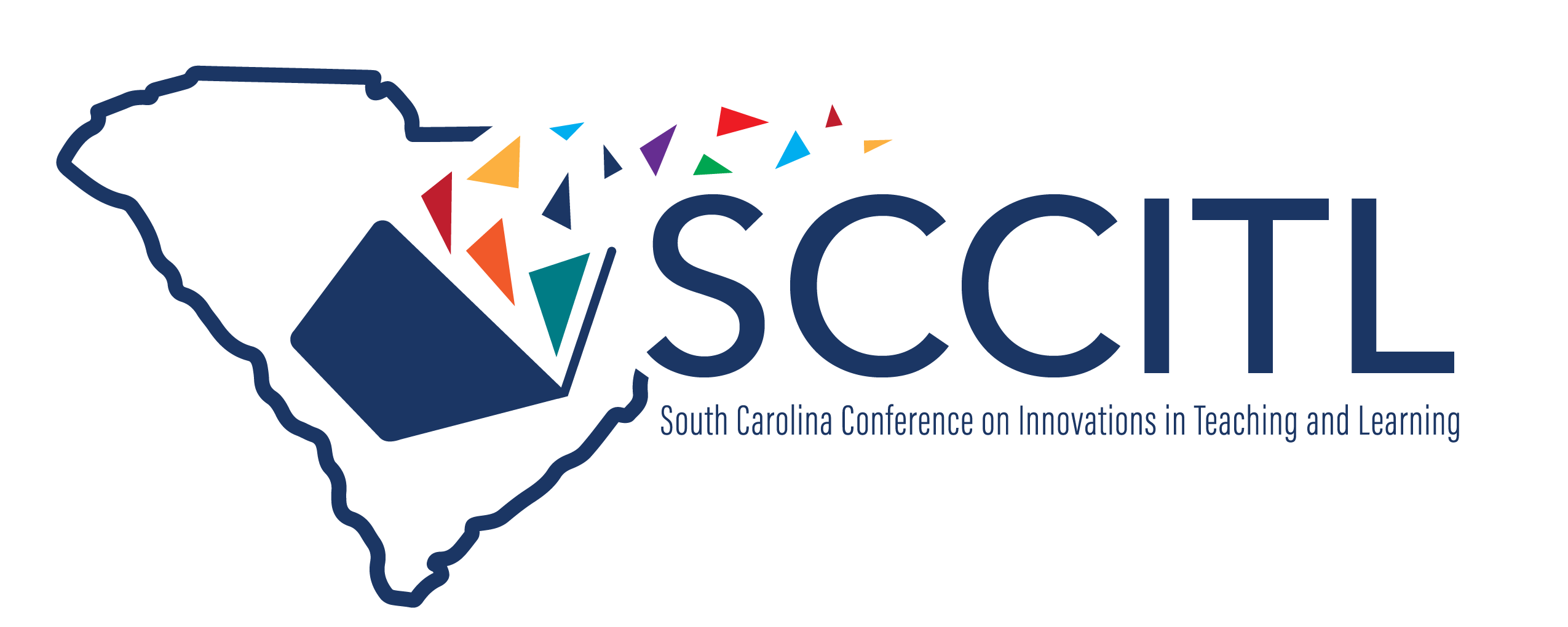"Alohomora!" Unlocking Student Engagement and Learning Through Themed Competition and Multiple Attempts
Track Choices
Engaging Pedagogy
Abstract
Though ongoing quality improvement has been a longstanding key to designing successful higher education courses, the COVID-19 pandemic required a renewed focus on introducing new and effective instructional strategies. During the Fall 2020 semester, an elective course focused on solid organ transplantation was the only traditional face-to-face course for many second- and third-year Doctor of Pharmacy students. Two new instructional strategies were introduced in an attempt to maximize student attendance, engagement, satisfaction, and learning. First, a semester-long learning competition was conducted in which students were "sorted" into four teams for a Harry Potter-themed "House Cup". Points were earned by winning interactive games and answering audience response questions during live classes. The impact of the competition was assessed through pre- and post-class surveys, competition participation data, and overall academic performance. Second, students were allowed multiple quiz attempts on the nine challenging, case-based, open-note, post-class quizzes which account for 60% of the overall course grade. In 2019, students were given a single attempt per quiz; in 2020, scores were an average of three allowed attempts. Student retention of material was assessed using a quiz game at the beginning of the subsequent class period, and year-to-year comparisons were conducted based on quiz timing, performance data, and post-class surveys. At the conclusion of this activity, the participant will be able to identify opportunities to utilize gamification and competition as an effective tool to increase student engagement, describe the impact of multiple assessment attempts on student learning and retention, and recognize the positive outcomes associated with introducing new education strategies within existing successful courses.ctices-features to model during VMC interactions with students.
"Alohomora!" Unlocking Student Engagement and Learning Through Themed Competition and Multiple Attempts
Zoom Room 1
Though ongoing quality improvement has been a longstanding key to designing successful higher education courses, the COVID-19 pandemic required a renewed focus on introducing new and effective instructional strategies. During the Fall 2020 semester, an elective course focused on solid organ transplantation was the only traditional face-to-face course for many second- and third-year Doctor of Pharmacy students. Two new instructional strategies were introduced in an attempt to maximize student attendance, engagement, satisfaction, and learning. First, a semester-long learning competition was conducted in which students were "sorted" into four teams for a Harry Potter-themed "House Cup". Points were earned by winning interactive games and answering audience response questions during live classes. The impact of the competition was assessed through pre- and post-class surveys, competition participation data, and overall academic performance. Second, students were allowed multiple quiz attempts on the nine challenging, case-based, open-note, post-class quizzes which account for 60% of the overall course grade. In 2019, students were given a single attempt per quiz; in 2020, scores were an average of three allowed attempts. Student retention of material was assessed using a quiz game at the beginning of the subsequent class period, and year-to-year comparisons were conducted based on quiz timing, performance data, and post-class surveys. At the conclusion of this activity, the participant will be able to identify opportunities to utilize gamification and competition as an effective tool to increase student engagement, describe the impact of multiple assessment attempts on student learning and retention, and recognize the positive outcomes associated with introducing new education strategies within existing successful courses.ctices-features to model during VMC interactions with students.


